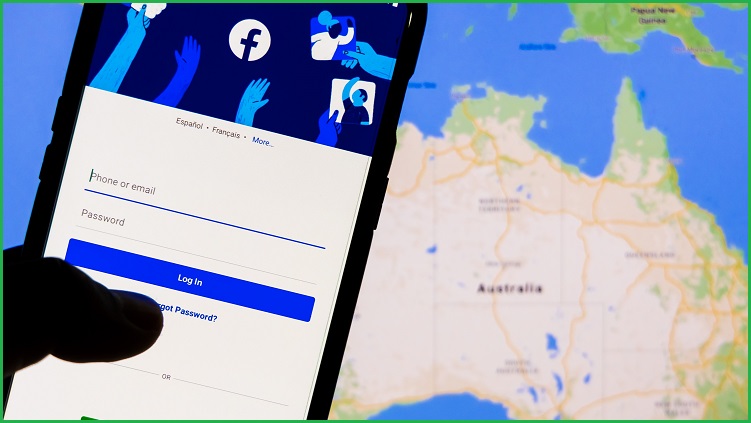Anybody could be potentially liable for defamatory comments made on their social media posts, following a High Court ruling in a landmark case about whether news outlets were responsible for harmful comments left on their Facebook posts.
In a detailed judgement that closely examined defamation law and the nature of what it means to be a ‘publisher’ in the age of the internet, the High Court decided to uphold previous courts’ ruling that the owner of a social media page could be liable for defamatory comments made on its posts.
The court concluded that news companies “encouraged and facilitated publication of comments from third parties” by posting content on their public Facebook pages, thereby making the news outlets the publishers of third-party comments.
The case was originally brought to the courts by Dylan Voller, a man who had been the subject of news stories about his time as an inmate at the Don Dale Youth Detention Centre during which disturbing footage emerged of Voller strapped to a chair with his head covered by a spit mask.
Voller claimed he was targeted by harmful comments from third parties when the likes of the Australian, Sky News, and the Sydney Morning Herald posted links to their stories on Facebook and began defamation suits against the news publishers.
But first he had to establish the news companies, by posting their own news stories on Facebook to drive traffic, were also legally the publishers of harmful comments left below their stories.
In June 2019, the NSW Supreme Court ruled in his favour.
The media outlets then lodged an ultimately unsuccessful appeal in 2020, so they took the case to the High Court which also found in Voller’s favour this week.
Defamation
David Rolph, a Law Professor at the University of Sydney, said in The Conversation that the ruling could have flow-on effects for all social media users – not just large media companies.
“If you post something to a social media platform and encourage or invite third party comments, could be liable for any comments that follow,” Rolph said.
He did add, however, that reforms to defamation law in NSW, Victoria, South Australia, Queensland, and the ACT may give “some protection” to social media page administrators by requiring plaintiffs to serve a “concerns notice” to the defendant and wait two weeks before suing.
Those reforms also mean plaintiffs must prove the comments caused serious reputational harm by reaching a “serious harm threshold”.
Independent media
In its ruling, the High Court acknowledged the algorithmic value news publishers get from generating engaging – and at times divisive – social media posts, noting a pre-existing awareness of potentially negative comments on certain stories.
The court said the number of comments is “an important aspect” for a news business’ Facebook page “because comments increase the profile and popularity of the page, which in turn increases the readership of the digital newspaper or broadcast, and the revenue from advertising on both the page and the digital newspaper or broadcast”.
Voller’s lawyers were naturally pleased with the High Court ruling which now allows his defamation suits to begin in earnest.
“This decision put responsibility where it should be; on media companies with huge resources, to monitor public comments in circumstances where they know there is a strong likelihood of an individual being defamed,” Voller’s lawyers said in a statement shared by the ABC.
Independent news publisher Michael West said Voller “deserves justice” but was frustrated by what he said is an unfair disadvantage for smaller media outlets which also rely on post engagement to boost reach but may not have the time to fully moderate social media comments.
“So it’s either a huge cost in moderators who understand [defamation] law or ban comments and deny audience engagement,” West said on Twitter.
“Yet immensely profitable foreign platforms are not liable?”
Comments are audience engagement, free speech, revenue for independent media. This is not catastrophising
— 💧Michael West (@MichaelWestBiz) September 8, 2021
Following the ruling, West kindly asked users of his Facebook page to be mindful of making “any negative comments about anybody” because his smaller news outlet “[doesn’t] have the resources to moderate comments across platforms”.










